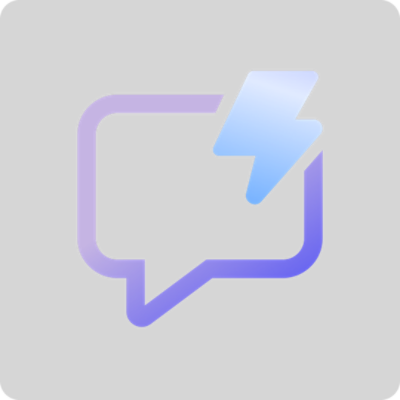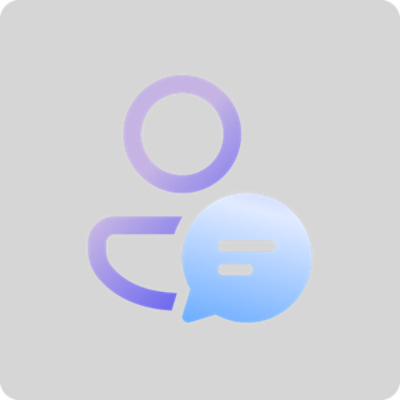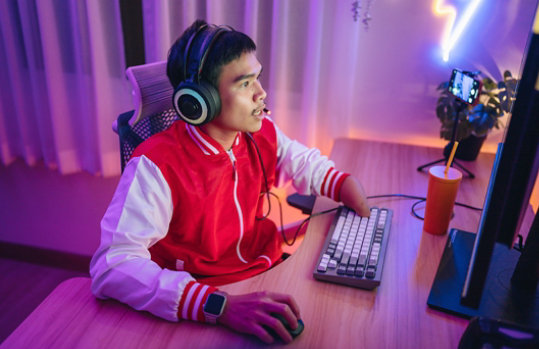Save the date for the Microsoft Ability Summit: May 19-20, 2026. Registration opening soon.
Help when and where you need it

Answer your questions with AI
Ask Microsoft Accessibility (AskMA) is a tool that helps you quickly and independently find answers about accessibility features in Microsoft products and services.
Disability Answer Desk
Where customers with disabilities can easily get support with Microsoft 365, Windows, Xbox, and Surface.Self-help center
From keyboard shortcuts to tutorials for Microsoft products’ accessibility features, support content is ready for you. Search by product or disability experience.
AI accessibility skills
We are excited to share what we've learned about accessibility. Whether you’re just starting or more advanced, we have tips and training for you.
General
AI and accessibility overview
This video focuses on the intersection of AI and accessibility, discussing Microsoft's guidelines for responsible AI and the benefit to the disability community.
Duration: 4 minutes 30 seconds


People with disabilities
AI Skills for Accessibility
Learn how to use AI for everyday tasks work and creativity. This course is taught by people with disabilities and shares practical accessible ways to use AI confidently.
Duration: 1 hour
What’s new in accessibility at Microsoft?

As technology has evolved, so has the need for accessibility
New Forrester study shows over 70% of people could benefit from accessible tech. With AI expanding possibilities, accessibility is increasingly essential for everyone.

How accessibility has evolved over the last decade
Our north star remains unchanged: technology must empower everyone. But the role of accessibility has changed. It is not just part of our mission – it is an engine that drives us forward.

Microsoft’s commitment to the European Accessibility Act
Learn how we prepared for the European Accessibility Act, investing in updates across products like Windows, Teams, and Outlook to align with EU accessibility standards.

Ability Summit 2026 is coming soon
Registration for the 2026 Microsoft Ability Summit will open in March. In the meantime, rewatch sessions from last year’s event where 20,000 attendees from 164 countries came together to discuss the future of AI and accessibility.
Building trust
Guided by the values of respect, integrity, and accountability, we are committed to driving responsible innovation, building safe and secure technology, and advancing shared progress.














